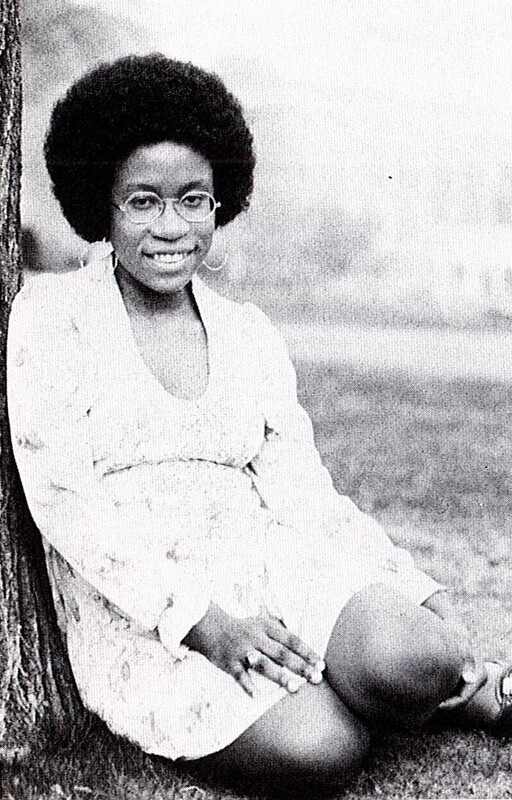Beverly Byron ‘75
Beverly Byron ‘75 was interviewed by Sunei Clarke ‘24 in spring 2022.
In this clip Ms. Byron explains the circumstances that caused her to change majors and graduate a year later than planned.
Tags: Civil Rights, Friendship, Nursing Program, Race in Boston, Simmons Curriculum, Social Life, Student Activism
Beverly Byron Interview Clip
Transcript
Interviewer: Sunei Clarke (SC)
Narrator: Beverly Byron (BB)
SC: So you had to foster your own community in Boston?
BB: yeah yeah. And one of my friends that I did remain close to at Simmons and then beyond Simmons. She was in physical therapy. Which was very intense academically but she's good at what she did and so she lived on the second floor and I was in Morse Hall…. she and I became very close because some of the courses for physical therapy were the same as nursing in terms of Sciences, so we went a lot of same courses and [audio clip begins] long story short, we remained friends, even after she graduated in ‘74, I graduated in ‘75 because I stayed to finish up my nursing and to get a degree in sociology. And the reason that I stayed to ‘74 was that there were five of us who were in the Nursing Program. And initially, it was seven. But, for some reason the dean of the nursing program decided she was not going to allow all seven of us to graduate in 1974. She was only going to allow two. And those two stayed in the program and graduated in ‘74, the rest of us had to stay until ‘75, and when I think back over it, I couldn't really justify, but she was telling us that we had to stay an extra year because we just weren't getting it. And having had ACLU and those types of folks right now that are around we probably would have sued them, because we were all good academic students, but they were not going to let us all graduate. So I had to stay an extra year. Their caveat for doing that was Oh, you still have your scholarship so you don't have to pay anything for tuition. But it was the principle of the thing. The message it was sending that we weren't good enough to graduate with our class you know. That hurt. That hurt. And the other piece of that was, my goal was to get a degree in Spanish and education, I wanted to teach Spanish and I don't feel that I got the support from the faculty of the language department, they should have pushed me as a black woman to do this, I would have been wanted all over the world, especially back in the Bronx. To have this Spanish and education degree. That's why I switched to nursing and sociology.
SC: Wow. So how did you, how did you um like stay motivated during that last year at Simmons even though you knew, you had to stay longer to graduate.
BB: Well a new class came in, the class of ‘75 came in in ‘71, and so I know all those sisters in that class and they were a little more aggressive and dynamic than we were, they started a dance program, a modern dance workshop. They were very politically active, Leslie Morris and that group. They were a little more vocal than we were in the class of ‘74, so I just kind of fell in line with them. There were a lot more of them in the class of ‘75 than there were in my class. Yeah so. I had to get adjusted to a new group of friends who were more vocal and demanding about what they wanted. And they got it. So follow the crowd.
SC: Of what, do you say, could you tell me more about like the Simmons culture around like the busing crisis that was going on down South during that time.
BB: Ah. We knew of it. We knew in Boston you had to watch what neighborhoods you went, you didn’t go into South Boston because people got hurt over there. Um. Nobody did any kind of like interracial dating or anything like that, those who did were just not going to get support for that. You had to know your place in Boston. You had to know where you could go, where you couldn't go, which neighborhoods to stay in, which ones [audio clip ends] to avoid.
